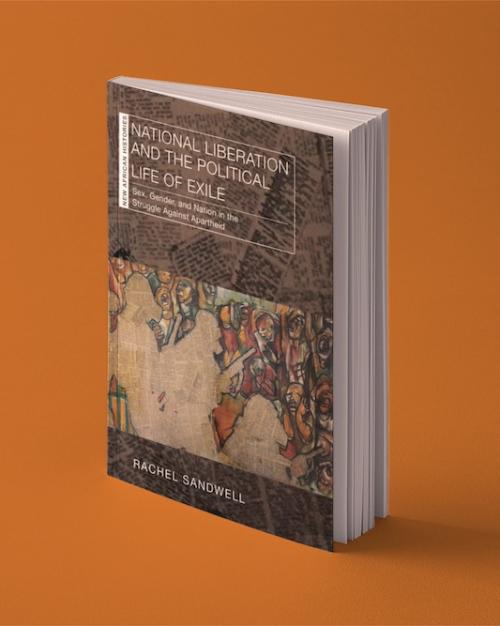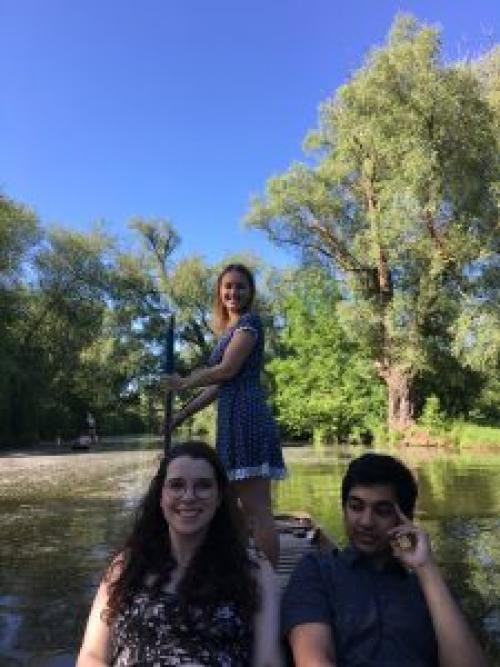This week, senior Arlinda takes us to England, where she was able to expand her study of philosophy through courses and professors at the University of Oxford.
By Arlinda Shehu '18, Philosophy and Psychology double major
During the Fall 2017 semester, I was a visiting student at St. Anne’s College at the University of Oxford. As a philosophy major, there were two reasons why I wanted to study abroad at Oxford. First, boasting a long and rich history, Oxford is an unparalleled institution at which to study philosophy. Second, Oxford is home to a unique teaching system called the tutorial system. Tutorials are generally one-to-one, and at most three-to-one, weekly meetings with your tutor (professor) during which you discuss assigned readings and your essays in a relaxed setting (I met with my teachers in their home office at times). This system, unique to the University of Oxford and only a small handful of other schools, meant that I would have the chance to engage in more in-depth and personal conversations and debates with professors – an experience different from those common at American universities. My utmost wishes came alive thanks to Cornell’s long and strong relationship with Oxford.
Studying at Oxford – and more broadly in England – for 6 months meant that all of Europe was at my feet to explore easily and cheaply. However, even if I had never left Oxford, there would have been enough to keep me occupied for months: from college formal halls (fancy dinners where everyone dresses up), punting on the river and rowing events inter-college balls, 99 libraries to explore, pubs that Bill Clinton and J.R.R Tolkien had visited, and finally to Harry Potter filming locations.
Oxford was undoubtedly a fun place to be, but it came with its fair share of hard work. Tutorials were intense and our reading lists were long. The focus was on self-directed and self-motivated studying. Since students do not get graded and none of the exam grades actually count (only ones taken during the final year do), the focus was less on grades and GPAs, but rather on cultivating knowledge for the sake of knowledge. I could study as much or as little as I liked, which was both a freeing and dangerous situation. I learned that I like working on my own, doing my own research, and do not need a lot of supervision to do well. Six months in this intellectually stimulating environment in which I had to keep my own self in check – a preview of graduate school work – helped me realize that I could thrive in such an environment and that I would like to pursue a PhD in philosophy.




